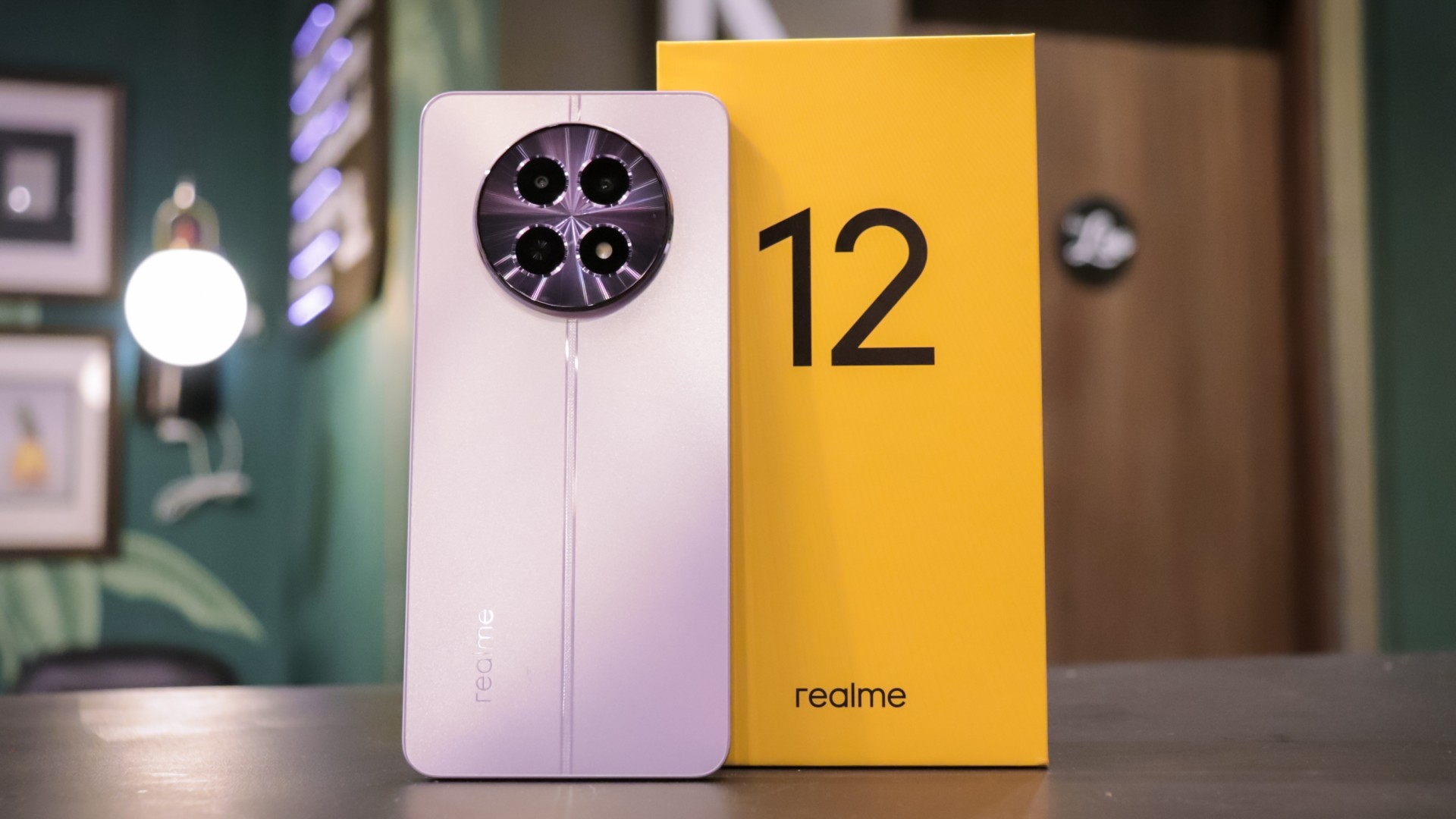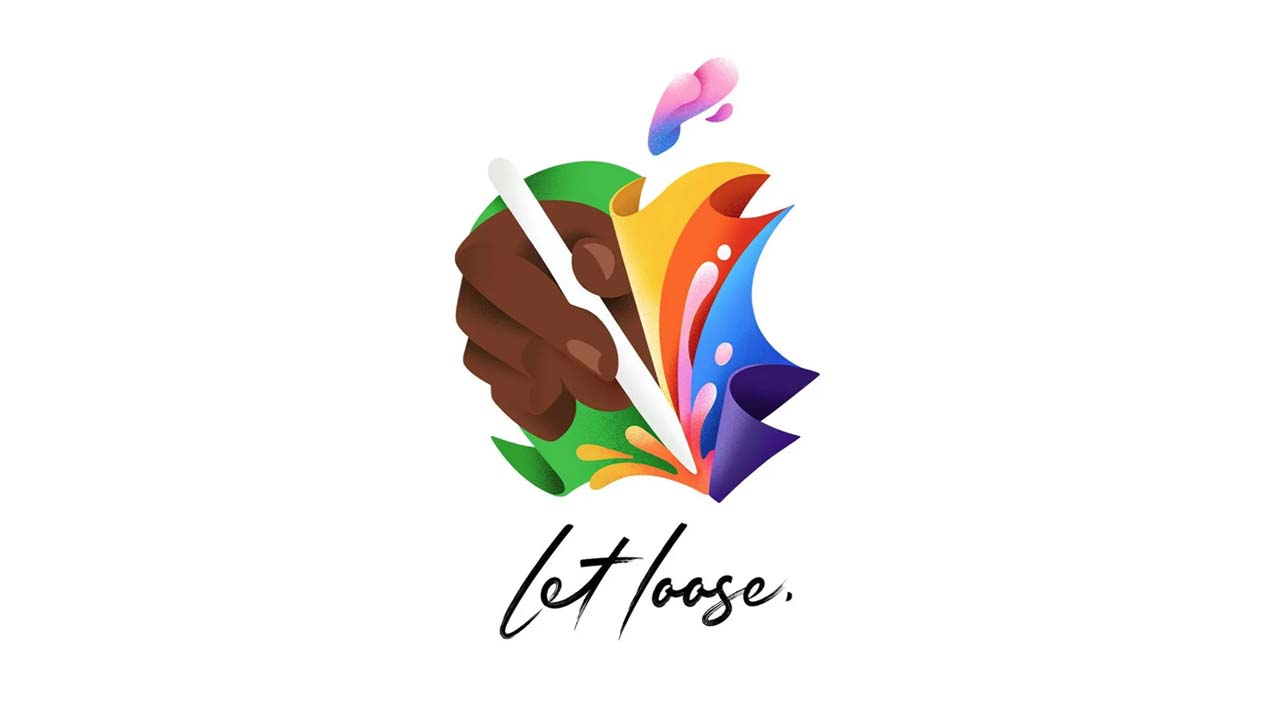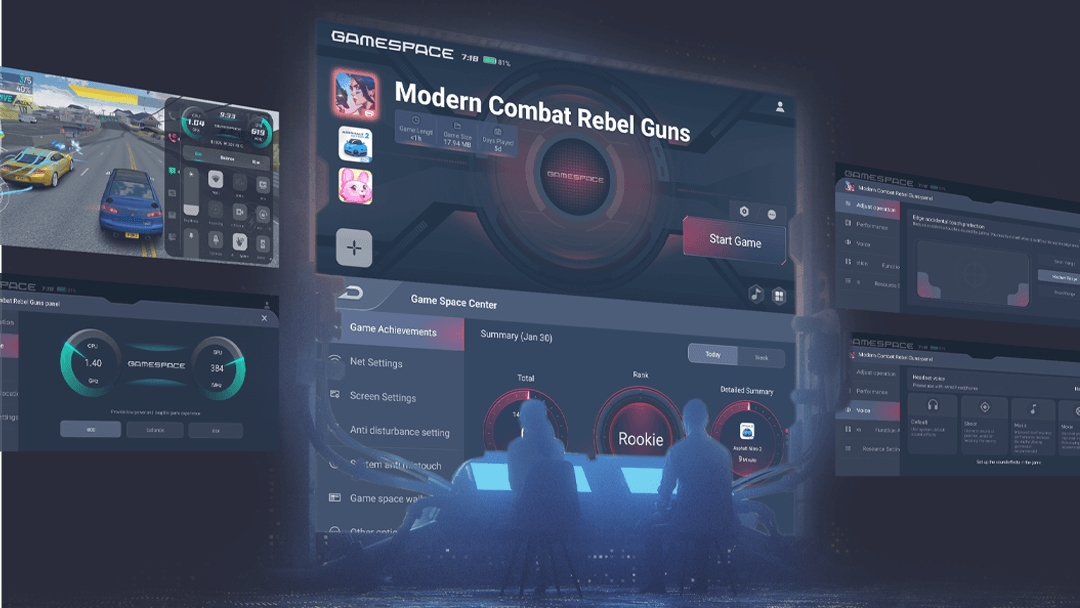News
Not OK, Google: Assistant will be exclusive to Pixel

Google came out with the Pixel and Pixel XL smartphones this week, with one of their main attractions being Android 7.1 Nougat, which no other phone has for now.
And while we expect the software update to roll out later this year (presumably to Nexus and Android One devices first; the beta version will launch later this month), it’s imperative to talk about Nougat on Pixel because both handsets will reportedly have some software features that may not be found anywhere else. Features you’ll want to use with regularity, or at least try out.
Android Police has put together a list of “Pixel-exclusive and non-exclusive changes” that are baked into Android 7.1 Nougat. The list is surprisingly long — well, for a small tick up on the upgrade ladder — so take a deep breath before reading through the entire change log. Oh, and spoiler alert: You won’t like what you read, for reasons we’ll explore later.
Pixel-specific features:
- Pixel Launcher—swipe up for all apps, new Search Box, date/weather header on home
- Google Assistant
- Unlimited original quality photo/video backup to Google Photos
- Smart Storage—when storage is full, automatically removes old backed up photos/videos
- Phone/Chat support (new support tab in settings), screen-share functionality
- Quick switch adapter for wired setup from Android or iPhone
- Pixel Camera:
- Electronic Image Stabilization (“video stabilization”) 2.0
- Pro Features
- White Balance Presets
- Exposure Compensation
- AE/AF Locking
- Viewfinder grid modes
- HW-accelerated (on Qualcomm Hexagon coprocessor) HDR+ image processing
- Smartburst
- Sensor Hub processor with tightly integrated sensors (accel, gyro, mag) + connectivity (Wi-Fi, Cell, GPS)
- Cosmetic
- Solid navbar icons with home affordance for Assistant
- SysUI accent color theming
- Wallpaper picker with new wallpapers and sounds
- New setup look and feel
- Dynamic calendar date icon
Android 7.1 features (not Pixel-specific):
- Night Light (this shifts the color temperature of your screen a la iOS’ Night Shift mode or f.lux)
- Touch/display performance improvements
- Moves (Fingerprint swipe-down gesture—opt-in)
- Seamless A/B system updates
- Daydream VR mode
- Developer features:
- App shortcuts/shortcut manager APIs
- Circular app icons support
- Keyboard image insertion
- Fingerprint sensor gesture to open/close notification shade
- Manual storage manager Intent for apps
- Improved VR thread scheduling
- Enhanced wallpaper metadata
- Multi-endpoint call support
- Support for various MNO requirements
- PCDMA voice privacy property
- Source type support for Visual Voicemail
- Carrier config options for managing video telephony
- Manual storage manager – identifies apps and files and apps using storage
So yeah, in case it wasn’t already clear, Google Assistant — the voice-activated digital assistant honed and refined by years of us using Google services, the single product Tuesday’s keynote address hinged on — won’t be coming to non-Pixel handsets and tablets.
Which is a head-scratcher, to say the least, because Google executives devoted much of their speech to outlining a future powered by voice. They conveniently left out the part about that future depending upon the general population choosing the Pixel over the similarly priced Samsung Galaxy S7 or Apple iPhone 7, or even the OnePlus 3.
It should’ve been the other way around — the benefits of Google’s artificial intelligence needs to reach all Android devices going forward, not just two. Regardless of whether or not people are ready and willing to have conversations with their phone.
However, Google isn’t closing down possibilities with Pixel’s best features, including Assistant. Some features could trickle down to other devices running Android Nougat; Google could release a diluted app version of Assistant that could be installed onto Androids and iPhones. That might happen in 2017. Speaking to TechCrunch, a Google spokesperson said: “Our goal is to make the Google Assistant widely available to users, and we’ll continue to launch new surfaces over the course of the next year.”
[irp posts=”8575″ name=”Android made downloading from Google Play much easier”]
Source: Android Police
Image credit: NPR


The realme 12 5G is now official in the Philippines. Months after launching the the 12+ and 12 Pro+ models under its latest number series line, realme is back with the release of the series’ base model. The realme 12 5G is priced at PhP 14,999 and is available through realme’s ecommerce platforms and offline stores.
As part of its launch, realme is offering customers exclusive deals starting April 25th:
Lazada Flagship (May 5 to 10)
- Free realme Buds T100
- Free TechLife Hair Dryer
Shopee Official Store (May 5 to 10)
- Free TechLife Power Bank 2 20,000mAh
- Free TechLife 4.5L See-Through Air Fryer
TikTok Shop (April 25, 7:30 PM to 30)
- Free realme Pocket Bluetooth Speaker
- Free TechLife Cooling Fan
James Afante TikTok Shop (April 25, 7:30 PM)
- Freebie package 1: TechLife Cooling Fan and Free TechLife 4.5L See-Through Air Fryer
- Freebie package 2: realme Buds T100 and Free TechLife 4.5L See-Through Air Fryer
- Freebie package 3: TechLife Portable Steam Iron, TechLife Electric Kettle, and TechLife Portable Electric Pot
ALSO READ: realme 12+ 5G review: One month later
For offline purchases, customers also stand a chance to win freebies worth up to PhP 24,999 with the Mystery Box promo. Furthermore, they may join the Lucky 12 Challenge for additional freebies when they purchase the realme 12 5G from any of the 100 selected concept stores, kiosks, and exclusive stores.
realme 12 5G
The realme 12 5G is just as capable as its 12+ and Pro+ counterparts. The model boasts of a 108MP 3X zoom portrait camera, taking off from the series’ Portrait Master positioning.
The phone is powered by a MediaTek Dimensity 6100+ 5G chipset, has 8GB of base RAM with 8GB RAM expansion, and a 5,000mAh battery with 45W SUPERVOOC Charge. In front is a 6.72-inch FHD+ 120Hz Sunlight Display that has a maximum brightness of 950nits. There is also an 8MP AI selfie camera.
Lastly, the handset also has a similar watch face design at the back. It is available in Twilight Purple and Woodland Green.
ALSO READ: realme 12 Pro+ 5G review: A midrange marvel
News
ZTE nubia Neo 2 5G now in the Philippines: Pricing, details
ZTE’s budget gaming phone gets an upgrade

ZTE has announced the availability of the nubia Neo 2 5G in the Philippines. The successor to the nubia Neo budget gaming smartphone, the second iteration is armed with an upgraded gaming control experience for Filipino gamers to enjoy.
The nubia Neo 2 5G retains the distinct Bionic Mecha with “Hero Eye” design from its predecessor. It is available in Storm Gray, Sunfire Yellow, and Frost Silver for PhP 9,999.
The phone is powered by a Unisoc T820 processor (6nm). It supports even more Dynamic RAM at 12GB to complement its 8GB base RAM, and also offers 5G dual-card intelligent switching. Additionally, the nubia Neo 2 5G carries an even larger 6,000mAh battery, which supports 33W fast charging.
ALSO READ: ZTE nubia Neo 5G: Decent for gaming
In front, the device sports a 6.72-inch FHD+ display with a 2,400 x 1,800 resolution and 120Hz refresh rate for seamless viewing and scrolling. At the back is a 50MP main camera.
Upgraded Game Space
The nubia Neo 2 5G features Game Space 2.0, an assistance tool that is reminiscent of a professional gaming layout. Here, users may tinker with game optimization functions, including Game Performance Enhancement. This adjusts the device’s CPU and GPU resources to help it manage power and battery usage.
The phone also supports ByPass Charging for uninterrupted gaming. Users may activate this charging feature while the charging cable is connected to the device. When under ByPass Charging, the phone gets powered up but without the battery charging so it can reduce heat.
Upgraded experience
Furthermore, one of the highlights of the nubia Neo 2 5G is its gaming shoulder triggers. This gives users more freedom and control while navigating and playing. Users may also customize the shoulder buttons based on their personal preferences.
Meanwhile, the phone’s Dual Stereo Speakers with DTS:X Ultra provide impressive sound quality. This is further enhanced with four built-in sound effects.

The next Apple event is coming! Two weeks ahead of the big launch, the iPad maker has announced an upcoming event dedicated to the tablet.
As always, Apple has added a tagline to tease what’s coming for the brand. This time, it’s “Let loose.”
Now, you won’t get a lot of clues from something so vague. Thankfully, the graphic is much more telling. It features a hand clearly grasping an Apple Pencil. For sure, the event will focus on new iPads.
The special event will start on May 7, 10AM ET. Interested viewers can watch the event live.
There’s no confirmation what models are getting new faces for the event. However, rumors are swirling that we’re getting a new iPad Pro. We can likely expect a new Apple Pencil too, especially since the stylus is a main focus for the invite.
New iPhones are likely out, though. Apple usually holds the event for those later in the year. That leaves the Macs and the Vision Pro in the less-likely-but-still-possible realm.
That said, if you’re looking for new tablets, it’s time to wait a bit.
-

 Events2 weeks ago
Events2 weeks agoStellar Blade: PlayStation taps cosplayers to play Eve for game’s launch
-

 Features2 weeks ago
Features2 weeks agoFortify your home office or business setup with these devices
-

 Accessories2 weeks ago
Accessories2 weeks agoLogitech unveils G Pro X 60 gaming keyboard: Price, details
-

 Reviews1 week ago
Reviews1 week agorealme 12+ 5G review: One month later
-

 Gaming1 week ago
Gaming1 week agoNew PUMA collection lets you wear PlayStation’s iconic symbols
-

 Deals2 weeks ago
Deals2 weeks agoTCL P635 TV: Big savings for TCL’s anniversary
-

 Accessories1 week ago
Accessories1 week agoMarshall Major V: Reasons Why I Love It
-

 Gaming1 week ago
Gaming1 week agoMore PlayStation 5 Pro specs have been leaked






















